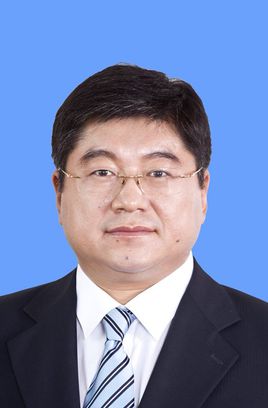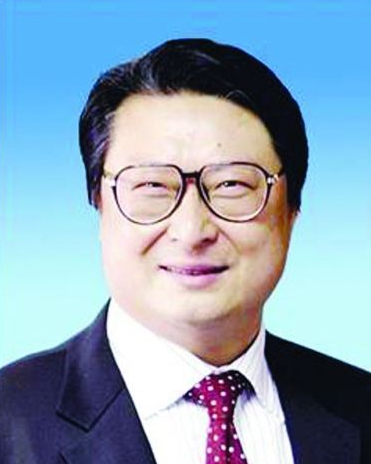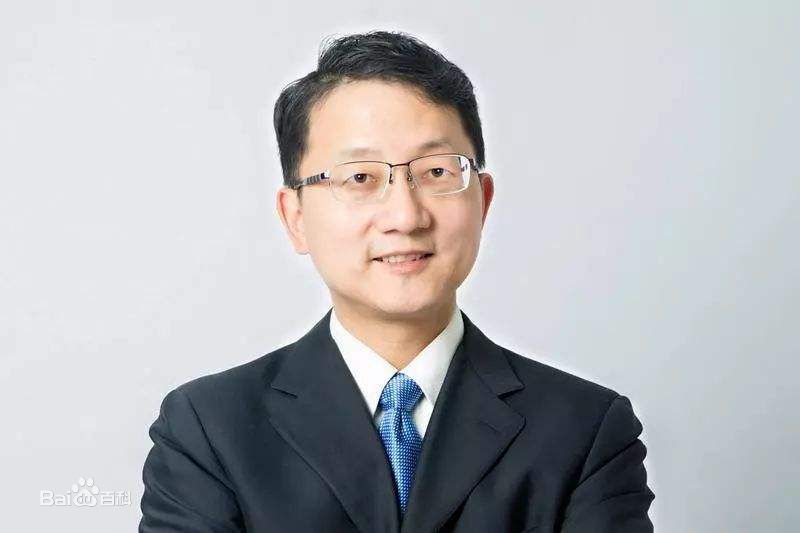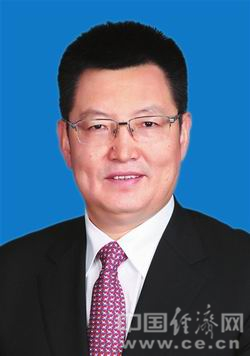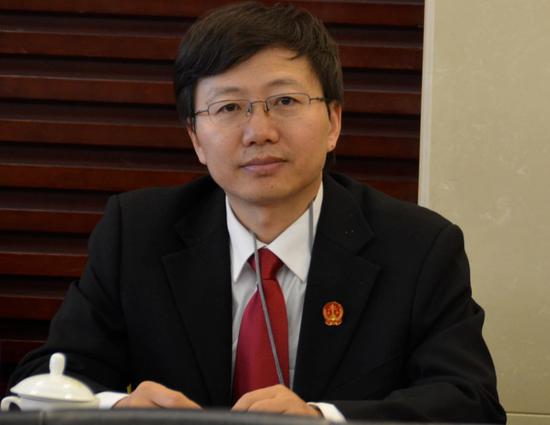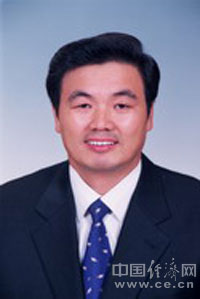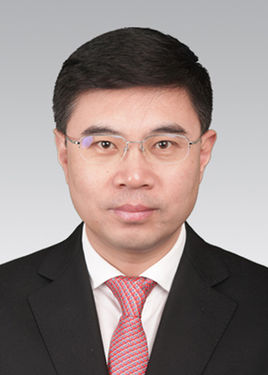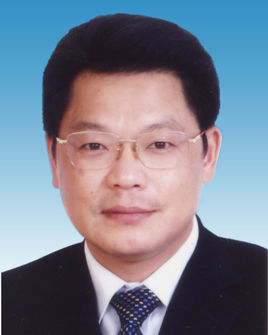On 29 August 2019, Hainan announced the appointment of 19 officials, of whom 12 are new transfers (10 from central government, one from Shanghai, and one from Nanjing). The 12 officials include: Han Shengjian (韩圣健), DOB October 1973, former Ministry of Commerce (MOFCOM) Bureau of Foreign Trade Development’s Deputy Director, appointed to Hainan Bureau of International Economic Development as Director-General. Zhang Huawei (张华伟), DOB October 1975, former General Administration of Customs (GACC) Minister Office’s Director, appointed to Hainan CCP Committee Comprehensive Deepening Reform Commission Office as Deputy Director and Hainan CCP Committee FTZ Work Committee Office as Deputy Director. Qi Shuli (綦树利), DOB January 1977, former National Development and Reform Commission (NDRC) Department of Infrastructure Development’s Head of Energy Development Section, appointed to Hainan Development and Reform Commission as Vice Chairman. Feng Yunfei (冯云飞), DOB May 1976, former NDRC Department of Rural Economy’s Head of Water Resources Section, appointed to Hainan Department of Water Resources as Vice Director-General. Chen Jingjin (陈景进), DOB December 1978, former Ministry of Natural Resources (MNR) Bureau of Territorial Development Planning’s Head of Special Planning Section, appointed to Hainan Department of Natural Resources and Planning as Vice Director-General. Liu Cheng (刘成), DOB February 1972, former Ministry of Culture and Tourism Bureau of International Communication and Cooperation’s Head of Branding Promotion Section, appointed to Hainan Department of Tourism, Culture, Broadcasting, Television, and Sports as Vice Director-General. Zhao Yingjie (赵英杰), DOB June 1974, former Ministry of Agriculture and Rural Affairs Department of Rural Industrial Development’s Head of Agritourism Section, appointed to Hainan Department of Agriculture and Rural Affairs as Vice Director-General. Yang Lei (杨雷), DOB November 1978, former Ministry of Finance Department of Budget’s Head of Revenue Section, appointed to Hainan Department of Finance as Vice Director-General. Chen Wenbin (陈文彬), DOB November 1969, former Ministry of Justice Bureau of International Cooperation’s Head of Bilateral Cooperation Section, appointed to Hainan Department of Justice as Vice Director-General. Ji Tiejun (冀铁军), DOB June 1975, former State Administration of Market Regulation (SAMR) Department of Credit Supervision’s Head of Publicity System, appointed to Hainan Bureau of Market Regulation as Vice Director-General. Guan Yi (管毅), DOB February 1974, former Nanjing Zijin Investment Holdings Vice General Manager, appointed to Hainan Provincial Financial Regulatory Bureau as Vice Director-General. Li Wenxiu (李文秀), DOB March 1971, former Shanghai Putuo District Health Commission Chairwoman, appointed to Hainan Provincial Health Commission as Vice Chairwoman. The transfer of these vice-departmental officials is the third wave of cadre transfers into Hainan. Before these latest 12 officials, there have already been four (vice-) departmental officials transferred into Hainan: Former Renmin University of China Professor and Director of Institute of Anti-Trust and Competition Policy Ye Guangliang (叶光亮), now Hainan University Vice President. Former Shanghai City Pudong District Deputy Head Chen Xi (陈希), now Hainan Department of Commerce Director-General and Hainan CCP Committee FTZ Work Committee Office Deputy Director. Former China Banking and Insurance Regulatory Commission (CBIRC) Beijing Bureau Deputy Director-General Chen Yang (陈阳), now Hainan Provincial Financial Regulatory Bureau Director-General. Former National Computer Network Emergency Response Technical Team/Coordination Center (CNCERT/CC) Hebei Branch Deputy Director-General Wang Yan (王岩), now Hainan Cyberspace Administration Deputy Director-General. Since 2018, the central government has also been systematically transferring vice-provincial officials into Hainan, including: Former Hubei Vice Governor Tong Daochi (童道驰), now Hainan CCPSC member and Sanya Party Secretary. Former Ministry of Commerce Spokesman and Policy Research Office Director-General Shen Danyang (沈丹阳), now Hainan Vice Governor. Former Ministry of Housing and Urban-Rural Development Department of Urban-Rural Planning Director-General Feng Zhonghua (冯忠华), now Hainan Vice Governor. Former Qingdao Vice Mayor and Bureau of Public Security Chief Yan Xijun (闫希军), now Hainan Vice Governor and Department of Public Security Chief. In 2018, Hainan sent 100 officials to central government and economically better-off provinces as temporary transfers to “learn” from the recipients, while 44 officials from central government and economically better-off provinces had been transferred into Hainan to support the development of the province.


